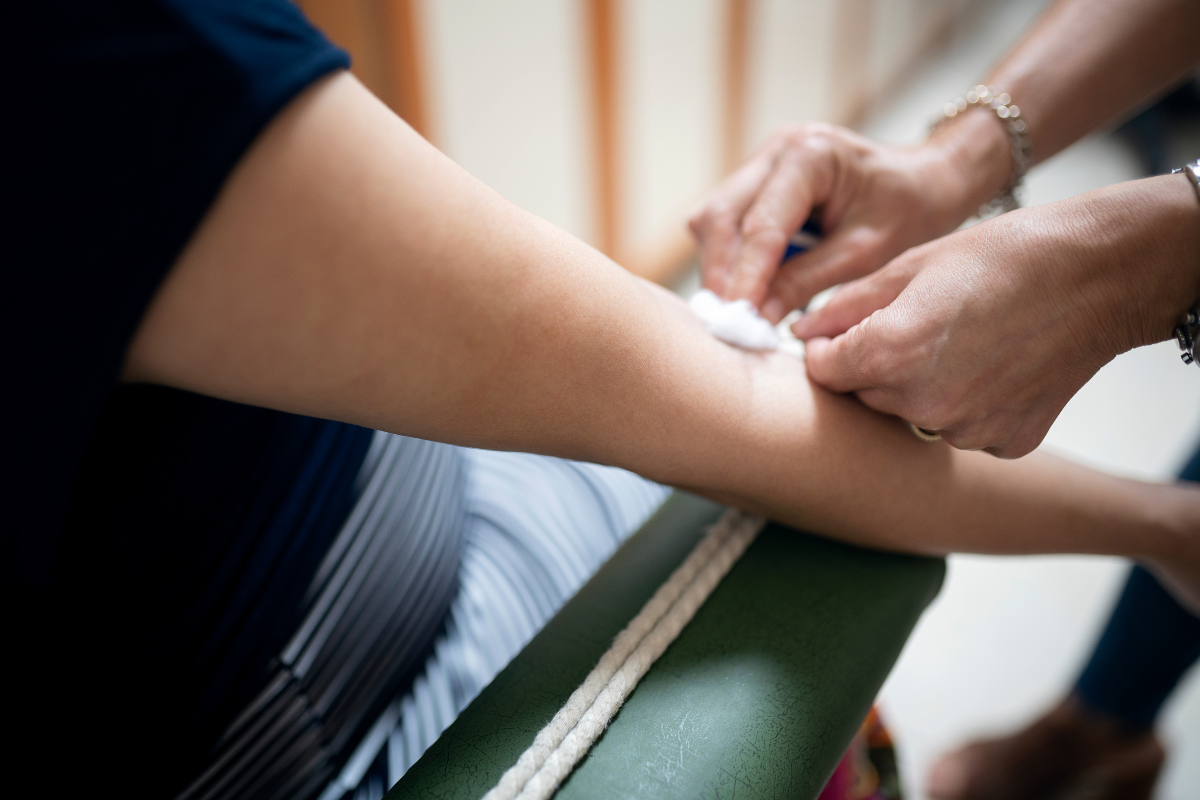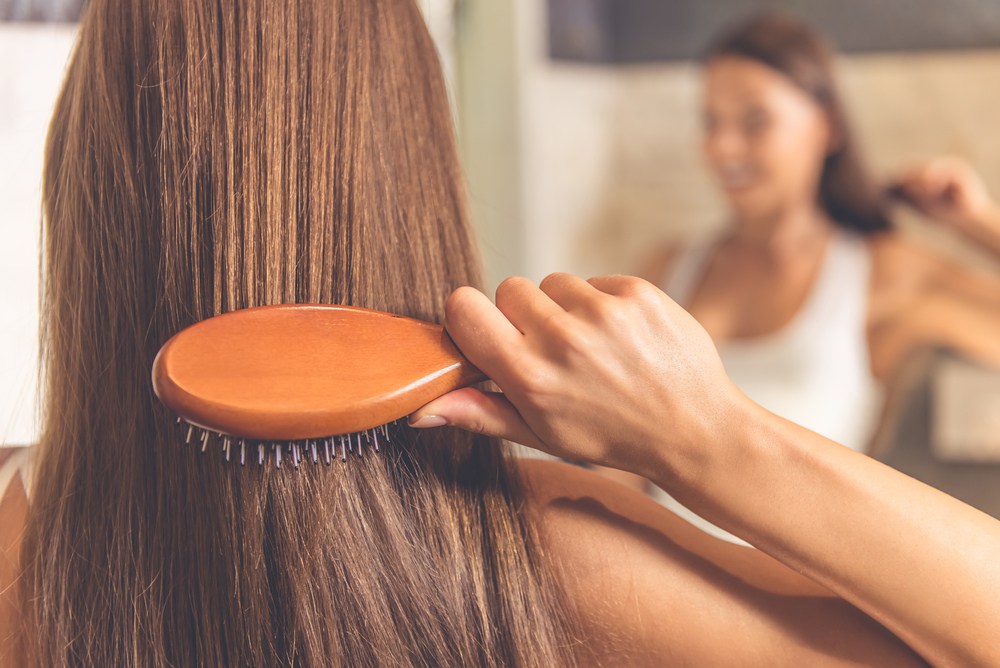
For many women, hair loss during menopause is a stressful and all too common occurrence and bio-identical hormone replacement therapy can be an excellent treatment option. However, your diet can also play a huge role in maintaining healthy hair during menopause. These ten nutrients can make excellent additions to your diet.

10 Nutrients For Healthy Hair During Menopause
Protein
Keratin is a protein and is the building block of your hair, and whilst it is not directly found in food, its production is directly affected by how much protein is in your diet. A lack of protein in your diet can have a lasting impact on your hair health, especially during perimenopause and menopause. Keratin is made up from amino acids, which your body gets from protein rich foods such as red meat, beans, fish, eggs and milk, as well as vegetables such as kale and asparagus.
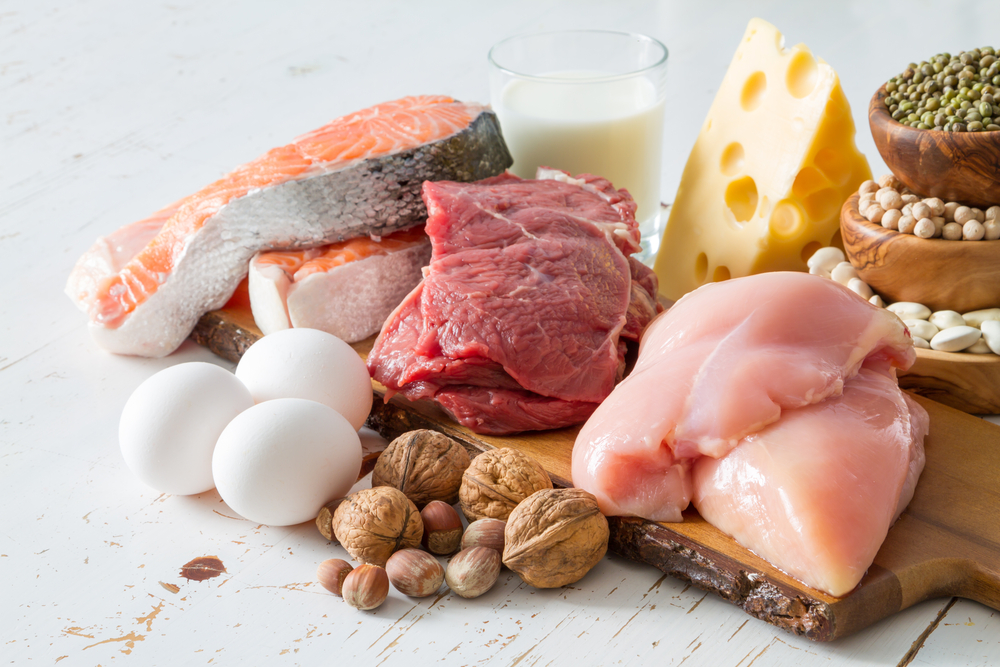
Vitamin C
Vitamin C is the nutrient that just keeps on giving and is essential for maintaining healthy hair during menopause. Not only can it help promote healthy hair growth, but it can also stimulate regrowth after hair loss. Vitamin C is the common name for ascorbic acid, specifically L-ascorbic acid, and is a small molecule organic acid. This means that when it is added to hair products like shampoo, it can be effective to remove mineral build up and therefore improve your hair’s ability to absorb moisture, thereby improving hair health. It is also effective to prevent hair damage as it acts as an anti-oxidant which removes free radicals, protecting against structural damage to the proteins in hair.
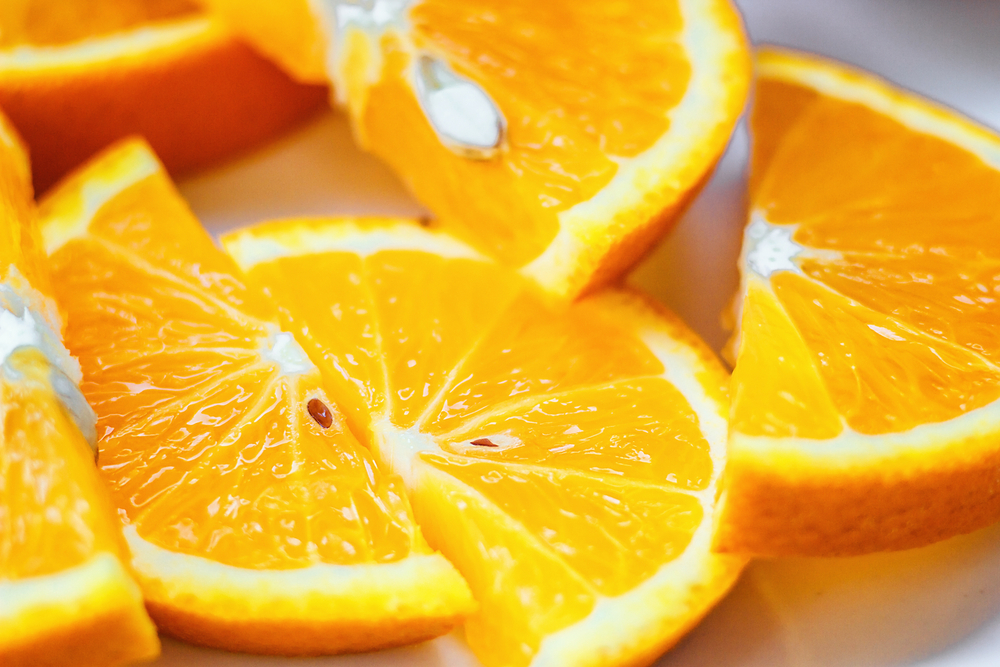
Vitamin A
Another wonder vitamin, Vitamin A can increase the speed of cell regeneration and synthesis. Therefore, a deficiency can have a direct effect on the maintenance of healthy hair during menopause. It is key for moisturising your hair and preventing it getting brittle.
Fats
There has been debate about how much fat to include in your diet for many years, however it is generally agreed that you need healthy fats in your diet. If you don’t, you risk damaging your hair, as these healthy fats provide your body with linoleic acids, along with long-chain poly-saturated fats which are essential for hair structure. If you’re looking for good fats to include in your diet, fish can be an excellent source, as can flax seeds and olive oil.
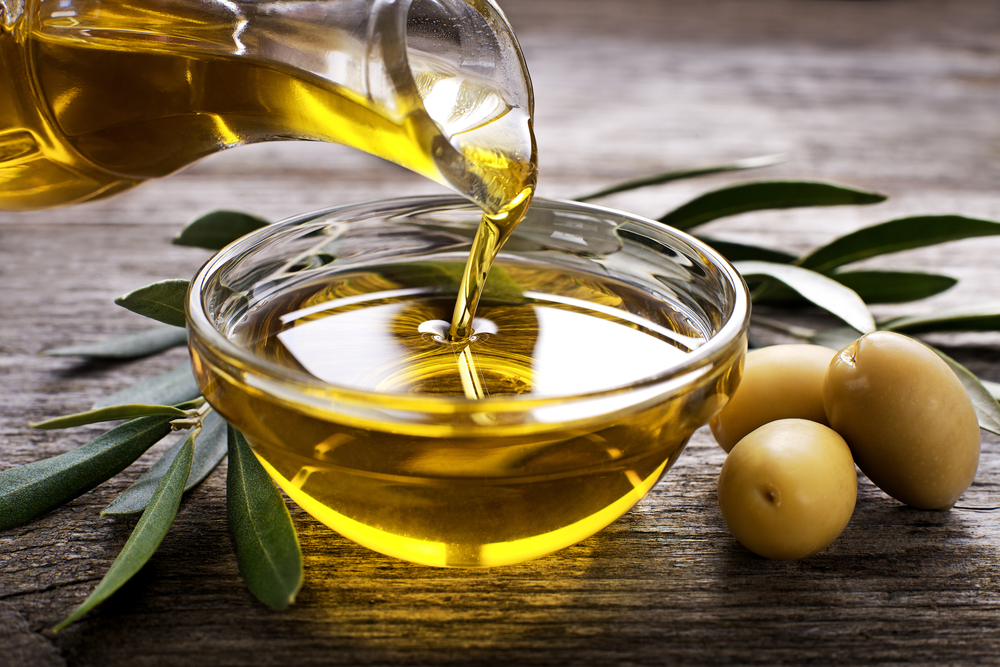
Niacin
Niacin is the little known solution to hair woes and can be an excellent addition when promoting healthy hair during menopause. Niacin is also known as Vitamin B3 or nicotinic acid and is a water soluble vitamin which helps the body convert food into energy and helps maintain the structure of blood cells and improve circulation. It has an effect on hair growth as it can improve blood circulation to the scalp, which in turn brings oxygen and other nutrients to your hair follicles.
Pantothenic Acid
Pantothenic acid is also known as Vitamin B5 and is a very important for healthy hair during menopause. By strengthening the cells in your hair follicles it helps them to work properly and thereby promotes hair growth. Not only that, but increasing the amount of Vitamin B5 in your diet can help with issues like dandruff or itchy skin. Good sources of Pantothenic Acid include, egg yolk, fish, beef, brewer’s yeast, liver, pork, sweet potatoes and tomatoes.
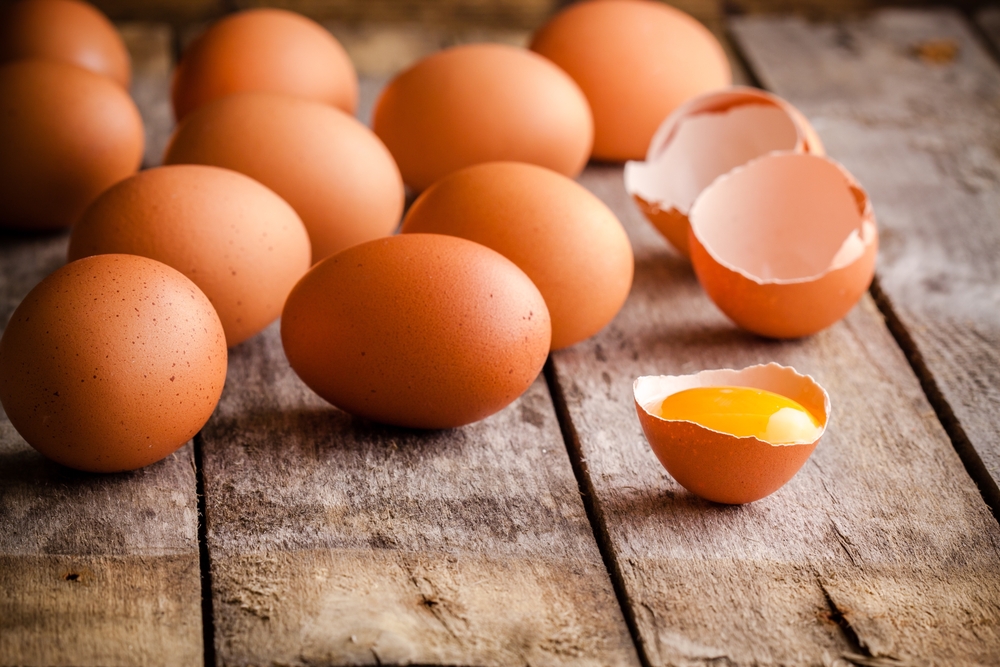
Iron
An iron deficiency can often be the cause of hair loss and therefore during menopause it is essential to consume enough iron in your diet. This will help to ensure healthy hair as, much like niacin, it contributes to increased blood flow to the scalp and therefore improved maintenance of your hair follicles.
Vitamin B12
Vitamin B12 is another nutrient which helps promote healthy blood flow as it helps in the production of red blood cells. Red blood cells are responsible for carrying the oxygen to your tissues, including your hair follicles, and also play a role in maintaining your hair colour. Foods which contain high levels of Vitamin B12 include meats, fish, eggs and dairy products; which is why women who eat a vegetarian or vegan diet should consider adding a Vitamin B12 supplement to ensure they don’t become deficient.
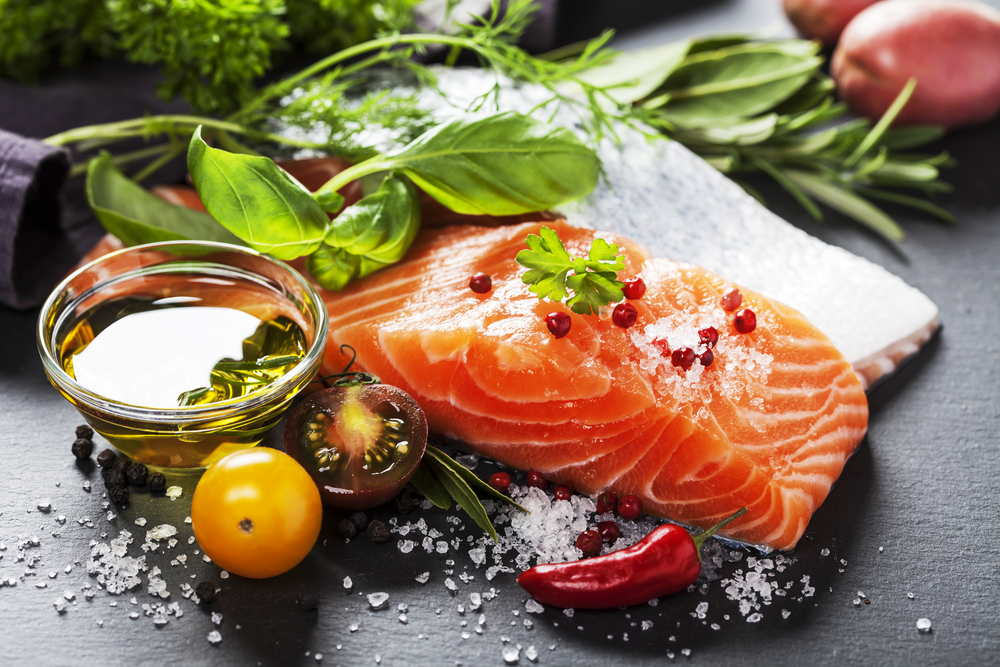
Folates
Folate is another B vitamin that plays an important role in maintaining healthy hair during menopause. It occurs naturally in certain foods, including green peas, white beans, eggs, cod and liver, and can also be found in many supplements. Folate plays a critical role in the growth of hair tissue as it stimulates the rebuilding of your follicle cells. Not only that but it prevents grey hairs and improves blood flow, which as we have already discovered plays a crucial role in hair health.
Zinc
Many experts believe that zinc deficiency can lead to the breakdown of the protein structures in your hair follicle, which can lead to hair loss. It is also believed to play an important role in DNA production and can help regulate your hormones, which can be important if your hair loss is indeed caused by a hormonal imbalance. Zinc supplements can be a great way to ensure you get plenty of this particular nutrient, however foods such as oysters, nuts, eggs, chickpeas, sweet potato and spinach are also packed full of it and can be great for getting healthy hair during menopause.
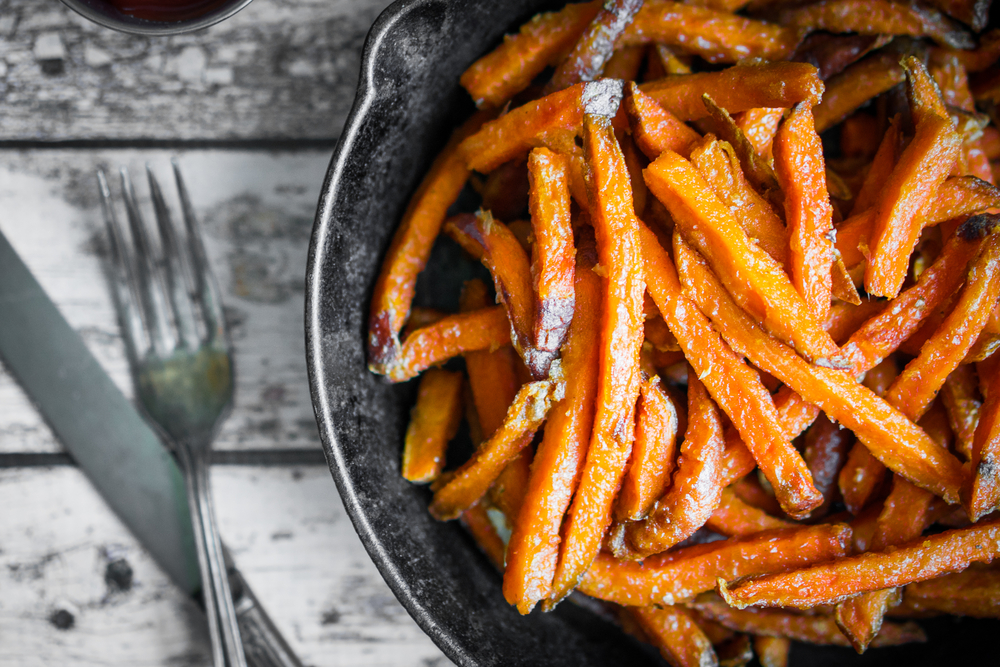
If you are experiencing hair loss it is important to see a medical professional to diagnose the source of this issue. If it is linked to a hormonal imbalance, then BHRT treatment could be the answer! Find out more about BHRT here. These nutrients can be a great help to promote healthy hair during menopause and therefore, could make great additions to your daily diet!
Book A Consultation Today
Arrange your consultation with one of our experts today. To book, please call our Patient Care Team on 020 7191 2378, email secretary@mariongluckclinic.com or use our book an appointment form.

